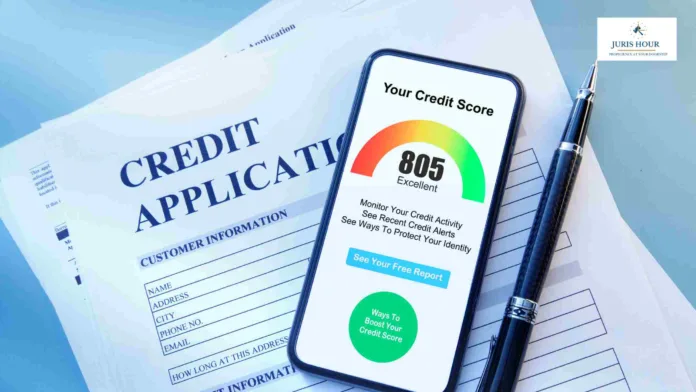A credit score plays a pivotal role in an individual’s financial life, influencing loan approvals, interest rates, credit card eligibility, and even employment opportunities in some cases. In India, credit scores are governed and maintained by regulated credit bureaus under the oversight of the Reserve Bank of India (RBI). This article delves into how credit scoring works in India, recent regulatory updates as of 2025, the role of credit bureaus, and what individuals and institutions need to know.
What is a Credit Score?
A credit score is a three-digit numerical representation of an individual’s creditworthiness. In India, it generally ranges between 300 and 900, with scores above 750 considered excellent.
Regulatory Framework: Who Governs Credit Scores in India?
1. Reserve Bank of India (RBI)
The RBI is the apex regulatory body that governs credit information systems in India under the Credit Information Companies (Regulation) Act, 2005 (CICRA). It licenses and supervises credit information companies (CICs), ensuring that consumer credit information is collected, maintained, and disseminated responsibly and securely.
2. Credit Information Companies (CICs)
As of 2025, four credit bureaus are licensed by the RBI:
- TransUnion CIBIL
- Equifax India
- Experian India
- CRIF High Mark
These entities are responsible for compiling credit data from banks, NBFCs, and other financial institutions, and generating credit scores and credit reports for individuals and businesses.
How is a Credit Score Calculated?
Each credit bureau uses its own proprietary algorithm, but the major contributing factors remain similar:
| Factor | Weightage (Approximate) |
| Payment History | 35% |
| Credit Utilization Ratio | 30% |
| Length of Credit History | 15% |
| Types of Credit in Use | 10% |
| Recent Credit Inquiries | 10% |
Major Updates in 2025
1. RBI’s Digital Public Infrastructure Push
Under the Digital India 2.0 initiative, the RBI has encouraged the integration of Account Aggregator (AA) frameworks with credit bureaus, allowing for real-time data sharing and more dynamic credit scoring.
2. Mandatory Free Credit Report Every Quarter
In a major consumer-friendly reform, RBI mandated in January 2025 that each CIC must provide one free credit report per quarter (previously one per year), enhancing transparency and promoting credit awareness.
3. AI-Enhanced Credit Scoring Models
Bureaus now use AI and machine learning to assess non-traditional credit data like:
- Utility bill payments
- Rental history
- E-commerce and digital payment behavior (via AA framework)
This has made credit accessible to new-to-credit (NTC) individuals who lack traditional credit footprints.
4. Enhanced Dispute Resolution Mechanism
From April 2025, the RBI enforced tighter deadlines on error resolution:
- CICs must respond to disputes within 7 working days (previously 30 days).
- Institutions providing incorrect data face penalties for non-compliance.
5. Credit Score Inclusion in UPI and Banking Apps
Major banks and UPI apps (like PhonePe, Google Pay, and Paytm) now offer real-time access to your credit score, improving financial literacy.
Legal Rights of Consumers
Under the CICRA and RBI’s updated 2025 guidelines, individuals have the right to:
- Access their own credit reports for free (once a quarter).
- Dispute inaccuracies and request corrections.
- Know the source of any negative data.
- Not be denied a loan solely on an NTC basis (banks must assess alternative data if available).
Credit Score vs. Credit Report
- Credit Score: Numeric summary of creditworthiness.
- Credit Report: Detailed history of credit accounts, repayments, defaults, and inquiries.
Credit reports also include red flags, account statuses (closed, settled, written off), and date-wise transaction summaries.
Best Practices for Maintaining a Good Credit Score
- Pay EMIs and bills on time
- Keep credit utilization under 30%
- Avoid frequent loan applications
- Maintain a healthy credit mix (secured and unsecured loans)
- Regularly check for errors or fraudulent activity
Challenges and Emerging Trends
Financial Inclusion
Credit bureaus are collaborating with fintechs and rural credit providers to bring underserved populations into the formal credit system.
Alternative Credit Models
Startups are experimenting with behavioral credit scoring, based on smartphone usage, social behavior, and transaction patterns, though these remain under scrutiny for privacy concerns.
Data Privacy and Security
With increasing digitization, the Digital Personal Data Protection Act, 2023 also governs how credit bureaus handle sensitive financial data.

